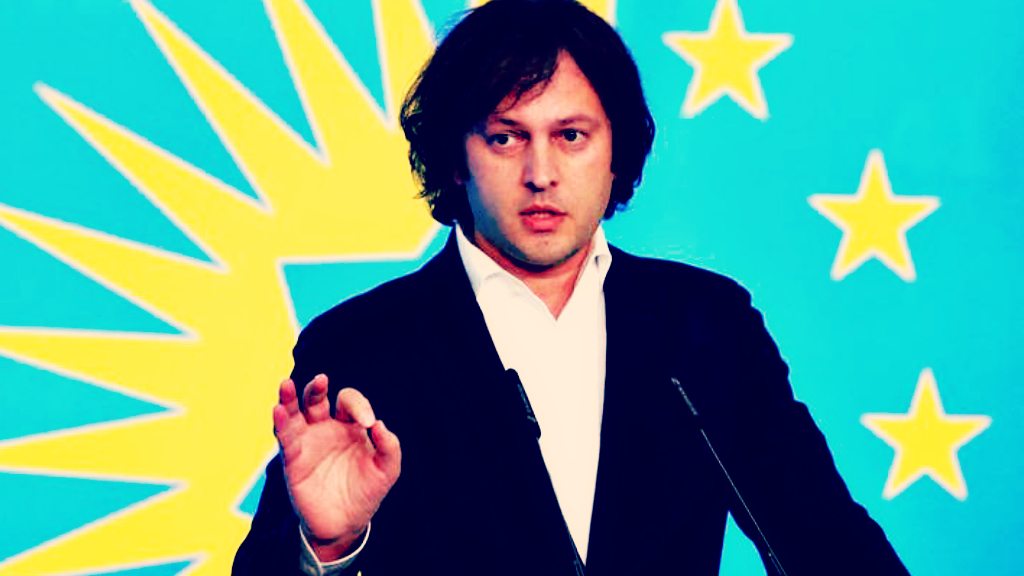The political landscape in Georgia has become increasingly fraught, symbolizing a broader conflict between nationalist tendencies and globalist ideologies. Following the recent parliamentary elections, the ruling Georgian Dream party, led by Prime Minister Irakli Kobakhidze, claimed a decisive victory with 54% of the vote. Kobakhidze celebrated the result as a landslide, downplaying allegations of electoral malfeasance by asserting that issues were limited to a small number of polling stations. He contended that the overall electoral environment was peaceful and insisted on the integrity of the election process, describing the incidents of irregularities as typical worldwide.
In stark contrast to the government’s announcements, opposition parties and some international observers argued that widespread vote rigging took place, casting doubt on the legitimacy of the election outcome. President Salome Zourabichvili criticized the vote as a “total falsification” and has called for protests against the government’s declared victory. The growing consensus among Western observers, including the U.S. State Department and the European Union, is that the election process exhibited significant deficiencies, prompting demands for an independent investigation into the reported irregularities.
The conflict has been exacerbated by the Georgian government’s adoption of conservative policies, particularly a controversial law aimed at curbing the influence of globalist NGOs, notably those connected to George Soros. Additionally, the ruling party has pursued a legislative agenda that includes bans on LGBT propaganda, leading to tensions with Western governments that advocate for more liberal social policies. As a consequence, Georgia’s aspirations to strengthen ties with the European Union have been hindered, with the EU freezing the country’s bid for membership, citing alleged democratic backsliding.
Georgia’s alignment with Hungarian Prime Minister Viktor Orbán, a prominent figure in Europe’s right-wing populist movement, has also drawn criticism from the EU. After the election results, Orbán congratulated Georgian Dream on their continued governance, reflecting a shared commitment to conservative family values. This relationship, alongside the nationalist policies promoted by the ruling party, has positioned Georgia as an outlier within the EU framework, leading to further disenchantment among proponents of liberal democracy.
As tensions escalate, opposition parties have mobilized sizable protests, asserting that they do not recognize the election results. PM Kobakhidze has responded to these claims by pointing out that similar accusations were made in previous elections, suggesting the opposition lacks credibility. He emphasized the use of a new electronic vote-counting system as a safeguard against manipulation and defended the party’s legitimacy amidst allegations of being pro-Russian—a claim that holds particular weight given the historical context of Russian encroachments on Georgian sovereignty.
International forces, particularly from Western nations, have rallied support for the opposition, with officials from various countries, including the U.K., expressing concerns over the electoral integrity. The calls for investigation and reforms underscore a broader apprehension regarding Georgia’s political direction. The situation highlights the ongoing struggle between local governance reflecting national values versus the pressures of global (especially Western) democratic standards. The unfolding drama in Georgia serves as a microcosm of the larger geopolitical tension between traditional state sovereignty and globalist influences that is playing out across various nations worldwide.

